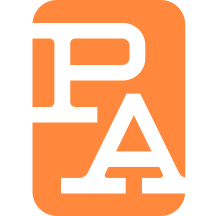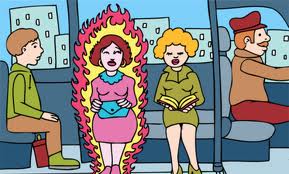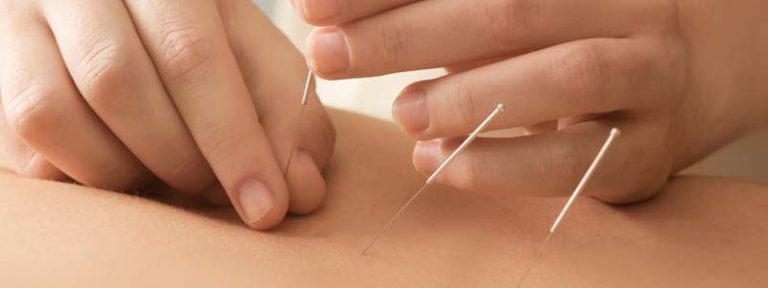Chinese Herbs and Acupuncture for Hot Flashes
If you’re a woman in your forties or fifties, it’s likely you’ve experienced changes taking place associated with menopause. For some women this transition is easy. For others, the onset of menopause can be much more challenging and may include symptoms like hot flashes, night sweats, thirst, and insomnia. While Western Medicine ascribes these changes to a shift in ovarian function and decreasing levels of hormones, Chinese Medicine looks at this process a bit differently.
Why Women get Hot Flashes
Hot flashes are usually caused by a weakness in the kidneys known as yin deficiency. In Chinese Medicine the kidneys have two major aspects: the yin and yang. The yin aspect (or the feminine) is responsible for nourishing and moistening the body and has a close relationship to the blood. A lack of yin can cause symptoms like thirst, irritability, and hot flashes. A body operating with deficient yin is akin to running a car without oil. Like the engine in your car, your body can overheat when there is a lack of cooling fluids.
The Yang aspect of the kidneys (the masculine) is more energetic in nature. It is responsible for warming the body, and providing the vital energy necessary to be active in the world. Women with deficient yang in conjunction with deficient yin may experience symptoms like coldness, fatigue, and depression. It is not at all unusual to have concurrent yin and yang deficiency.
What causes Yin Deficiency?
Yin deficiency is due to a variety of causes, but the most common cause in the West is overwork. Pushing through tiredness, using caffeine as an energy booster, and working beyond one’s capacity can all deplete the blood and yin. In addition, menstruating over a thirty to forty year period can weaken the blood. Add to this list the tremendous demands of childbirth and child rearing and it is easy to see how the yin can be depleted in a woman’s body.
Herbs for Menopause
In the West, we often use herbs singly. Good examples of single herbs used to treat menopausal complaints include Dong Gui (dong kuai), Sheng Ma (Black Cohosh) and Evening Primrose Oil.
In China, however, herbs are often used in combination to create a formula tailored to the individual. In this way a variety of complaints and symptoms can be addressed while creating a formula free of side effects. Be cautious about taking a single herb to treat your complaints as it is likely that a single herb can exacerbate your symptoms. As always, it is best to get the recommendation of a licensed herbalist when looking for herbs to treat your symptoms. Chinese herbs can be extremely effective at addressing the broad range of complaints associated with menopause.
If you’d like to try a safe Chinese Herbal formula for menopause, look for Six Flavor Tea Pills (Liu We Di Huang Wan) at your local Whole Foods or health food store. They should be in the Chinese Herbal section. Know that herbs work more gently and slowly than do western medications and that it may take up to two weeks to notice a change in your symptoms.
Acupuncture for Menopause
Acupuncture can be used to treat:
- Hot flashes
- Emotional agitation
- Headaches
- Night sweats
- Insomnia.
Acupuncture works on several fronts. First and foremost, it can be used to strengthen the kidneys and fortify the “liver blood”. It can be used to regulate and balance systems throughout the body resulting in an increased sense of well-being. Acupuncture can also have an effect on the heart to restore emotional balance.
Want to know more? Call my office or schedule a free 15-min phone consultation here. You can also visit the North American Menopause Society and view their Menopause Guidebook.






